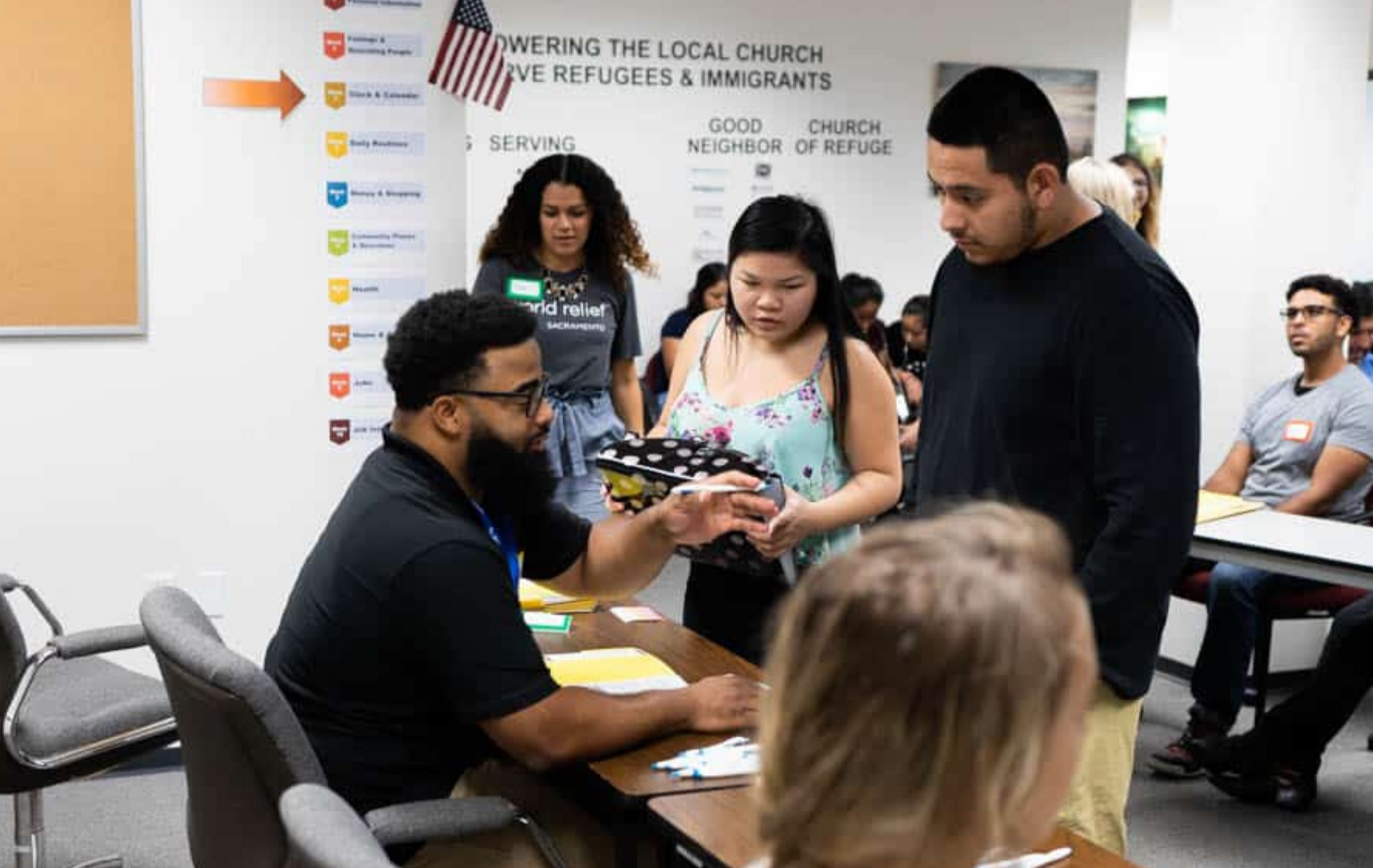
Living in Fear
May 2, 2025
These days, Christians and non-Christians alike are hearing constant news about immigrants and refugees. In the midst of this, we must remember that there are many different groups of refugees and immigrants in the US. Each group faces its own concerns and fears.
Many who have come to our shores have no reason to be afraid. They hold longstanding documents that validate their ability to stay here. However, because of their limited English, they don’t fully understand the situation, leaving them afraid. Many lived in fear in their home countries, and they came to the US seeking relief from the constant fear that once gnawed at their hearts and minds. They don’t know anyone they can consult to have things clearly explained to them, so they plod on, trying to make a living and doing the best they can.
Others are afraid because, in fleeing the chaos of their home countries, they didn’t (or felt they couldn’t) wait or fully understand the complex laws for entering and staying in this country. In their home countries, things are done haphazardly. They thought they could sneak in, lay low, keep their heads down, or even pay a bribe—and all would be ok, because that’s how things were handled back home.
Hope amidst fear
Mixed in these groups are both good and bad people. And while there are certainly diverse political opinions and proposed solutions for each, this is not the forum to do so. On this platform, we seek ways to encourage and shine the hope and light of Jesus to all who need it, particularly those unreached with the Good News of Jesus Christ.
When Jesus sent out his disciples, he never told them to ask about politics first. When he sent them to share the Good News, he didn’t say to check who their father was before sharing with them. He didn’t ask if they were rich or poor, black or white, what college they attended, or even if they liked football!
Jesus sent them with a simple message: tell people about me. Tell them they need to repent, turn away from their sins, and receive forgiveness. Teach them to “love one another, as I have loved you.” Tell them I have conquered sin and death, and that I am the Alpha and Omega—the beginning and the end. Share with them, “Greater love has no man than this, that he is willing to lay down his life for another.”
Let us not relegate Easter to a date on the calendar. It’s meant to be celebrated all year long. He is risen! He is risen indeed!
I implore you to seek out an immigrant or refugee in your community and lovingly shine the light of Christ on them. Invite them into your home and share a simple meal with them. Offer to teach them a skill or help them learn English. In your relationship with them, be willing to be vulnerable. Share that you also needed Jesus in your life. Let them see that we are not perfect, but we are sinners saved by grace. Pray with them, and let them witness the power of prayer.
As the weather warms and presents opportunities for walks and picnics, look around, and perhaps you will see many who need to hear of Jesus and see Jesus in us. Pray a quick prayer, give a warm smile, and start by saying hello!
Additional Posts




